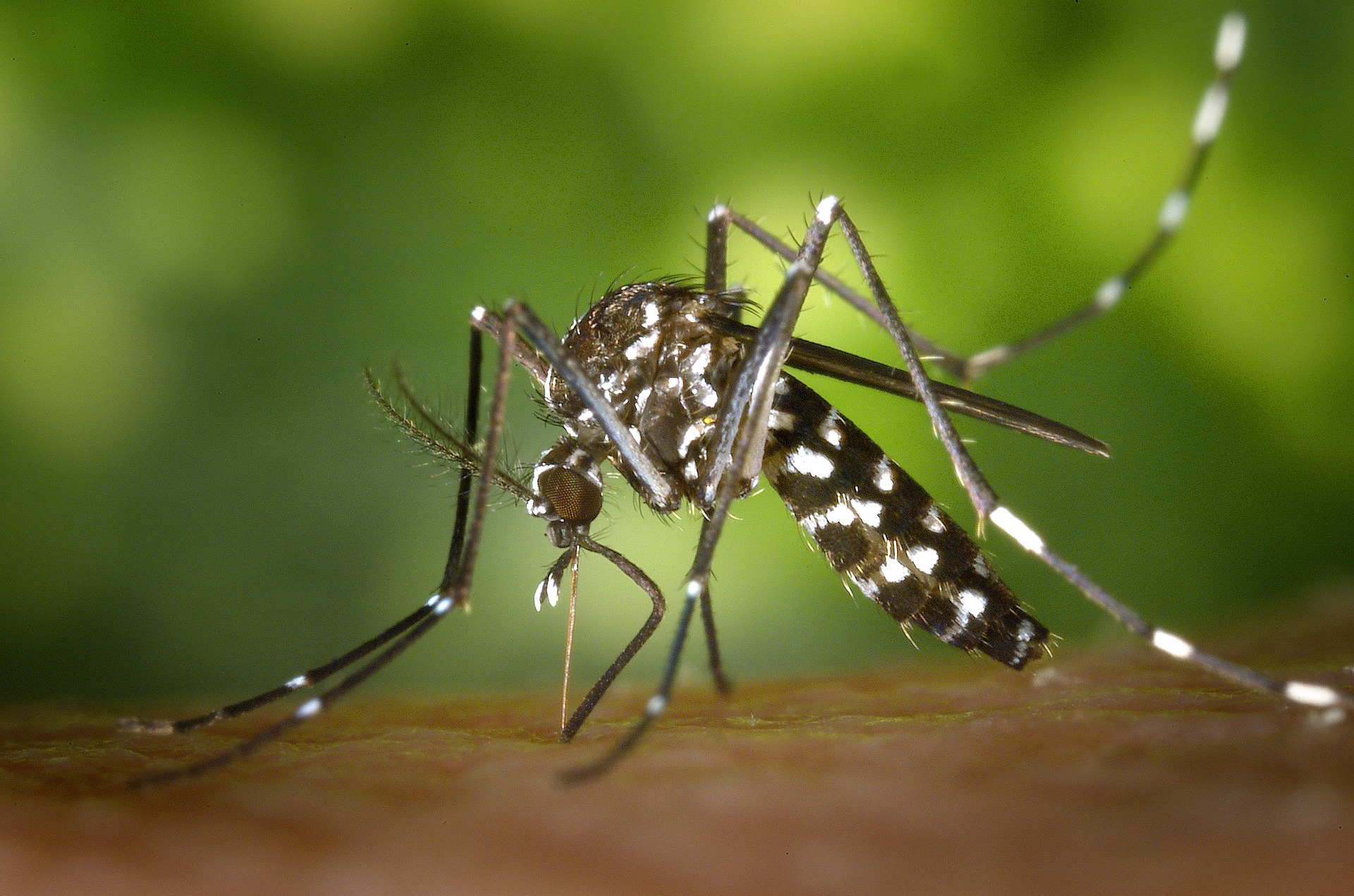By Lachlan Bubb, The University of Adelaide
Influenza. Smallpox. Ebola. These are just a few of the infectious diseases that have plagued our society; hugely damaging diseases that have left their mark on the world. Humans have invested huge amounts of time in looking to eradicate or at least reduce the impact of such diseases. Medical sciences’ advances in the last century have had a dramatic impact on this front, from vaccines to the importance of simple hygiene. While these developments have influenced and even eradicated the spread of some diseases, completely new strains of diseases can appear and transform into outbreaks without warning. A new weapon in predicting and analysing the behavior of diseases once they reach outbreak status is the mathematical modeling of infectious diseases.
Known as epidemiological modelling, the mathematical modelling of infectious diseases is an important area of study in the modern scientific community. A critical parameter derived from the modeling of infectious diseases is the Basic Reproduction Number, R0. The number R0is defined as the expected number of secondary infections caused by the average infectious individual in an otherwise susceptible population. As such, an accurate estimate of R0is critical in understanding the likelihood of disease invasion and its potential impact. If R0 >1, the average infectious individual infects more than one person and the spread of disease grows. If R0<1, the average infectious individual infects less than one person and the spread of disease is in decline. Hence, this value R0 is of huge importance in predicting the potential risk to a population from a disease. For more information on R0, see for example: http://plus.maths.org/content/mathematics-diseases.
Obtaining an accurate estimate of R0 is therefore of upmost importance at the onset of a disease’s outbreak, but is not always so simple. Different methods of parameter estimation may require different assumptions and prior knowledge about the disease and population at risk. This information is not always readily available. The type and amount of data obtained from an outbreak is also important in the estimation of R0. Hence, the purpose of my project was to investigate and analyse different methods of estimating R0, comparing accuracy, efficiency, reliance on prior knowledge and applicability to realistic data.
Three methods were compared using SIR model simulations; a deterministic approximation (with linear regression), Approximate Bayesian Computation (ABC) and the Metropolis-Hastings (MH) algorithm. The deterministic approximation fitted an exponential model to the number of infected over the initial early growth period. This method while exceedingly quick in calculation relied heavily on a clear exponential growth period and prior knowledge of the per-capita rate of recovery parameter. The ABC and MH algorithms are based on Bayesian inference and Markov Chain Monte Carlo (MCMC) methods. The ABC algorithm uses random simulations of both parameters and data, with rejection sampling based on closeness to true data. The MH algorithm uses random simulations of parameters only with rejection based on exact likelihood calculations. The ABC and MH are similar in the prior knowledge required but they differ in two key factors. As the ABC method uses an approximate likelihood calculation it is vastly more efficient than the MH methods tested, but is obviously an approximation. The MH algorithm is far more computationally expensive but provides an example sample of the posterior distribution of epidemiological parameters.
Epidemiological models are useful for many other applications further than estimating R0. They can be used to predict such information as the total size of outbreaks, the spread from location to location and the effectiveness of a variety of control measures. As such modelling is particularly useful in the early stages of potentially dangerous outbreaks for the development of response measures. Hence, mathematics and statistics are now seen as valuable weapons in combatting the spread and outbreaks of countless infectious diseases, in particular the early assessment of outbreak risk.
Lachlan Bubb was one of the recipients of a 2014/15 AMSI Vacation Research Scholarship.

